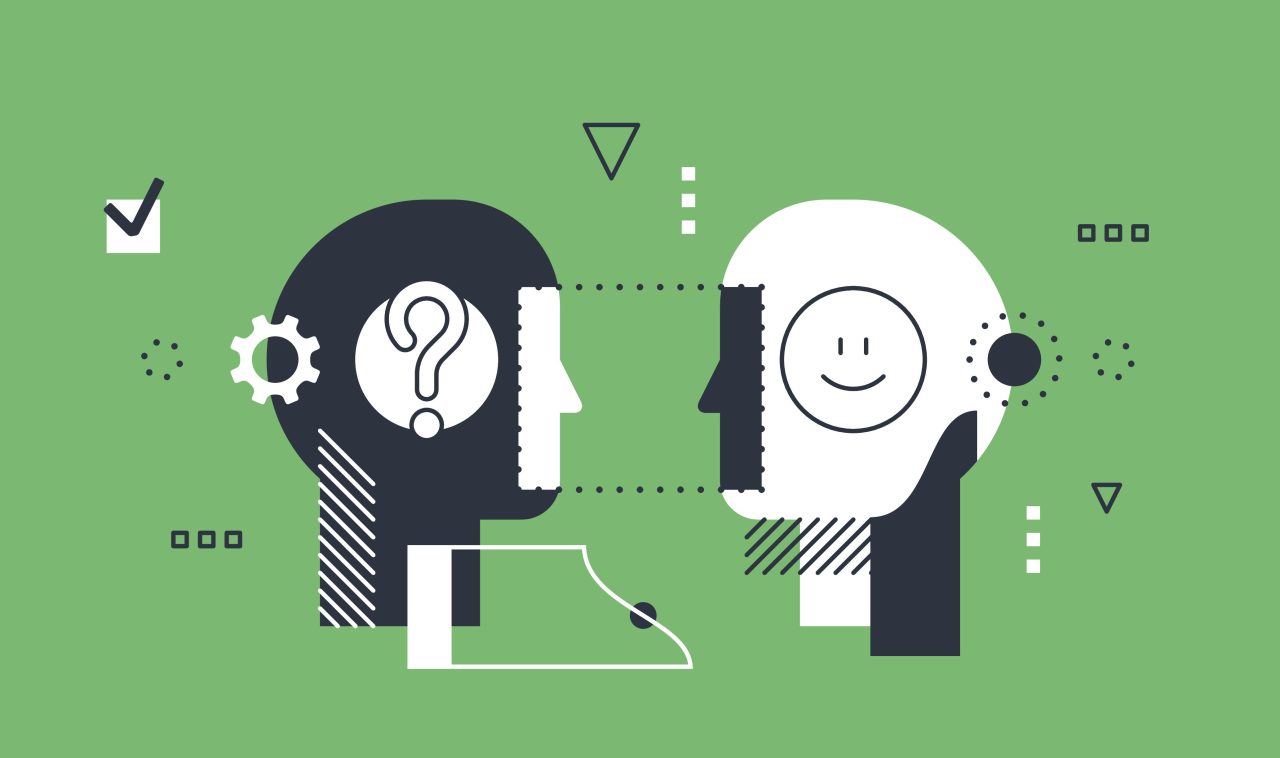The intersection of artificial intelligence and human emotion has always been an intriguing frontier. As technology evolves, so does the potential for machines to connect with humans on an emotionally intelligent level. A prominent player in this space, LAION, the group behind the well-known Stable Diffusion, has recently announced a groundbreaking project called Open Empathic that aims to bring emotion-detecting capabilities to developers everywhere completely free of charge. This initiative could pave the way for more empathetic interactions between humans and machines, but it also raises questions about biases, accuracy, and the ethical implications of such technology.
The Genesis of Open Empathic
Founded in 2021, LAION was born out of a desire to democratize AI resources and promote transparency within the field. With a diverse team of educators, healthcare professionals, and machine learning researchers, LAION is now looking to fill a noticeable gap in the open-source community: **emotional AI**. Christoph Schuhmann, a co-founder, notes that LAION’s mission is fueled by an urgency to provide accessible AI that truly understands human sentiment. Their new project, Open Empathic, aims to change how AI interacts with us, making it more relatable and responsive.
A Daring Request to the Community
To build this emotion-recognizing AI, LAION is actively recruiting volunteers to annotate audio clips derived from various YouTube videos. Participants will classify a range of emotional nuances, providing data on transcription, age, gender, emotional tone, and more. This rich array of perspectives is crucial to accurately capturing the subtleties of human emotion in different cultural settings.
- Annotation Details: Volunteers will select emotional descriptions such as “chirpy,” “reflective,” or “engaging” among many others, enriching the dataset and enhancing the potential of AI understanding.
- Community Engagement: By involving the public, LAION is creating a crowd-sourced effort full of passionate individuals keen to contribute to a more empathic AI future.
The Emotional Tech Landscape
A plethora of companies, from Amazons Alexa to Apples acquisition of emotion recognition startup Emotient, have tried dabbling in emotion-detecting technologies. The applications range widely, from enhancing customer service to monitoring driver alertness. The landscape is both promising and perilous, as early emotion recognition models often exploited broad stereotypes rather than individual subtleties.
For instance, LAION envisions a future where robots act as companions, user interfaces can detect user frustrations, and tools can aid mental health diagnoses all reliant on effective emotion interpretation. However, the real-world application remains fraught with challenges, particularly concerning the bias woven into the fabric of existing emotion-detecting models.
Addressing the Bias Dilemma
Bias in AI training data is a critical concern. The nuances of emotion are subjective, varying dramatically across different cultures, backgrounds, and individual experiences. In addressing this issue, LAION emphasizes its commitment to ensuring balanced data collection, to the extent possible. Schuhmann mentions plans to monitor contributions to maintain annotation quality and integrity, but achieving this goal presents significant hurdles.
Moreover, emotion-detecting technologies have raised ethical considerations. Past efforts have faced backlash due to misuse and privacy infringement, leading some lawmakers to restrict such applications. As LAION navigates these waters, it remains to be seen whether community vigilance can adequately safeguard against potential pitfalls.
Looking Ahead: The Road for Open Empathic
For LAION, the hope is to gather an extensive dataset of around 10,000 samples in the early phases, with an ambitious target of 1 million by next year. This community-driven approach aligns with the philosophy of transparent AI development. While the prospects of an emotionally intelligent AI are exciting, the reality of building models that truly understand and interpret a diverse range of human emotions still requires careful consideration and ongoing dialogue.
Conclusion: The Dual-Edged Sword of Emotion AI
LAION’s Open Empathic initiative is a substantial step toward developing AI with emotional awareness. By tapping into community input and amplifying diverse voices, they may help set new standards in emotion detection and interpersonal machine interaction. However, as they venture into this emotionally complex territory, the need for vigilance against bias and misrepresentation is paramount.
As the technological landscape for emotion detection grows, the collaboration between researchers, developers, and everyday volunteers will be critical. Will this open-source approach lead to a new era of empathetic AI? Only time will tell, but one thing is certain: the conversation surrounding emotion-detecting AI has only just begun.
At **[fxis.ai](https://fxis.ai)**, we believe that such advancements are crucial for the future of AI, as they enable more comprehensive and effective solutions. Our team is continually exploring new methodologies to push the envelope in artificial intelligence, ensuring that our clients benefit from the latest technological innovations.
For more insights, updates, or to collaborate on AI development projects, stay connected with **[fxis.ai](https://fxis.ai)**.

